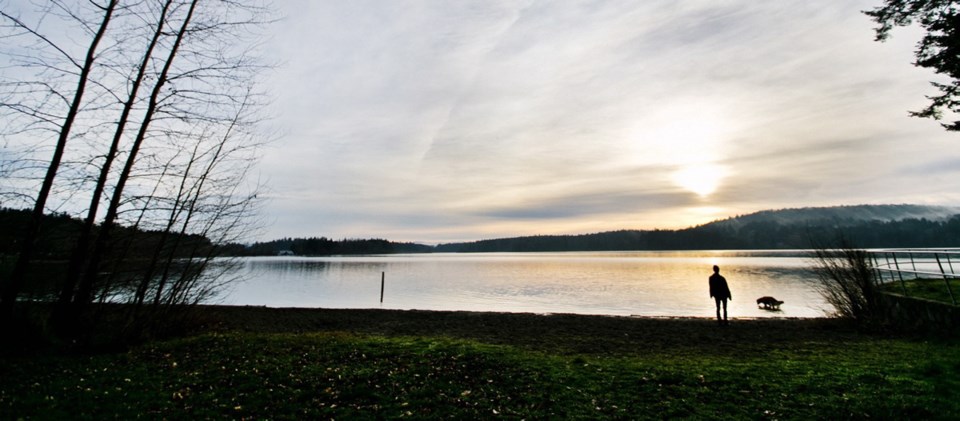I first came to Vancouver Island about 30 years ago, on vacation, and have never forgotten my first sight of a clearcut.
I found it appalling and gut-wrenching, and it prompted me to write a letter to the Times Colonist. In it, I described what I had seen as ecocide, and likened it to genocide. I also wondered how we had managed to raise a generation of people who so hated nature that they could do that to the forest in the name of profit.
It elicited an interesting and revealing response. A professional forester in B.C. wrote to the College of Physicians and Surgeons in Ontario asking that my medical licence be revoked, on the grounds that I was unsuited to be a physician because I let emotion distort my scientific reasoning, and thus my judgment was clearly impaired. (The college forwarded me his letter, but otherwise, correctly, ignored it.)
What his response revealed was two things: First, that he didn’t understand that emotion and compassion must be part of a physician’s makeup if they are to be a good practitioner, and second, that in his view, any emotional response to the forest — and thus to nature — was wrong.
This indifference to and lack of an emotional connection with nature is the basis of our modern society; it enables many of the large corporations that dominate our society and economy to exploit nature for profit, with little regard for the consequences. And that, in a nutshell, is our modern problem.
So where did it come from, this insensitivity to the natural world, this desire to dominate rather than live with nature, to be apart from our natural ecosystems rather than seeing ourselves embedded in them?
The American historian Lynn White, in a famous 1967 article titled “The historical roots of our ecological crisis” (and note that it was recognized as such 50 years ago), suggested that Western society has adopted a set of values deeply rooted in Christianity, which has always taught that “it is God’s will that humans exploit nature for their own purposes.”
He wrote: “The whole concept of the sacred grove is alien to Christianity,” and “for nearly two millennia, Christian missionaries have been chopping down sacred groves, which are idolatrous because they assume spirit in nature.” White believed that the effect of “destroying pagan animism,” which had formerly protected nature from man, was to make it “possible to exploit nature in a mood of indifference to the feelings of natural objects.”
But he recognized that there had been at least one attempt to change that Christian narrative by “the greatest spiritual revolutionary in Western history, Saint Francis,” who “tried to substitute the idea of the equality of all creatures, including man, for the idea of man’s limitless rule of creation.” It is interesting that we now have, for the first time, a Franciscan Pope; could that be a sign of a more significant change in our values?
But there is another force at work here: We are now an urban species, and that is moving us away from and even making us fearful of nature. This leads to what Richard Louv, in his book Last Child in the Woods, called nature-deficit disorder — kids with no relationship to nature, and even fearful of it.
This is dangerous. At a time of ecological crisis, we are raising a generation of children who will not respect, cherish and protect nature, who might even fear and revile nature. It is not a cheery prospect.
The only way to develop a reverence for nature is to experience its beauty, its sometimes awesome power, which is why we have to get kids outdoors — and why we have to bring nature into our cities and our lives. And we have to re-create a spiritual connection, perhaps simply on a personal level, or through a modern-day form of animism, or through a Franciscan-inspired Christianity or other spiritual and religious beliefs that are more in harmony with and see the spirit in nature.
Ultimately, saving us from ourselves is not a technological, but a spiritual quest to live in harmony with and as part of — not separate from — nature.
Dr. Trevor Hancock is a professor and senior scholar at the University of Victoria’s school of public health and social policy.



